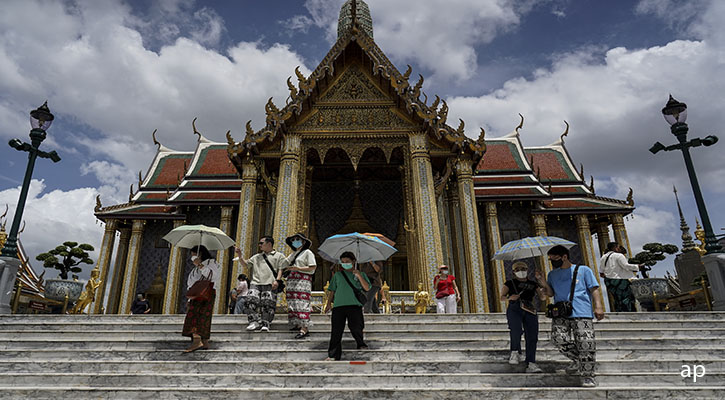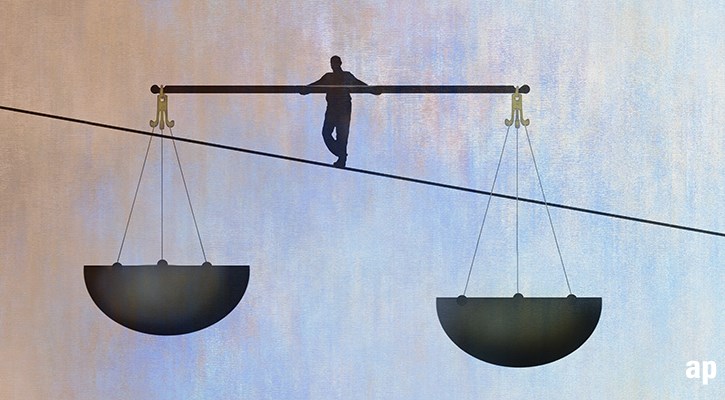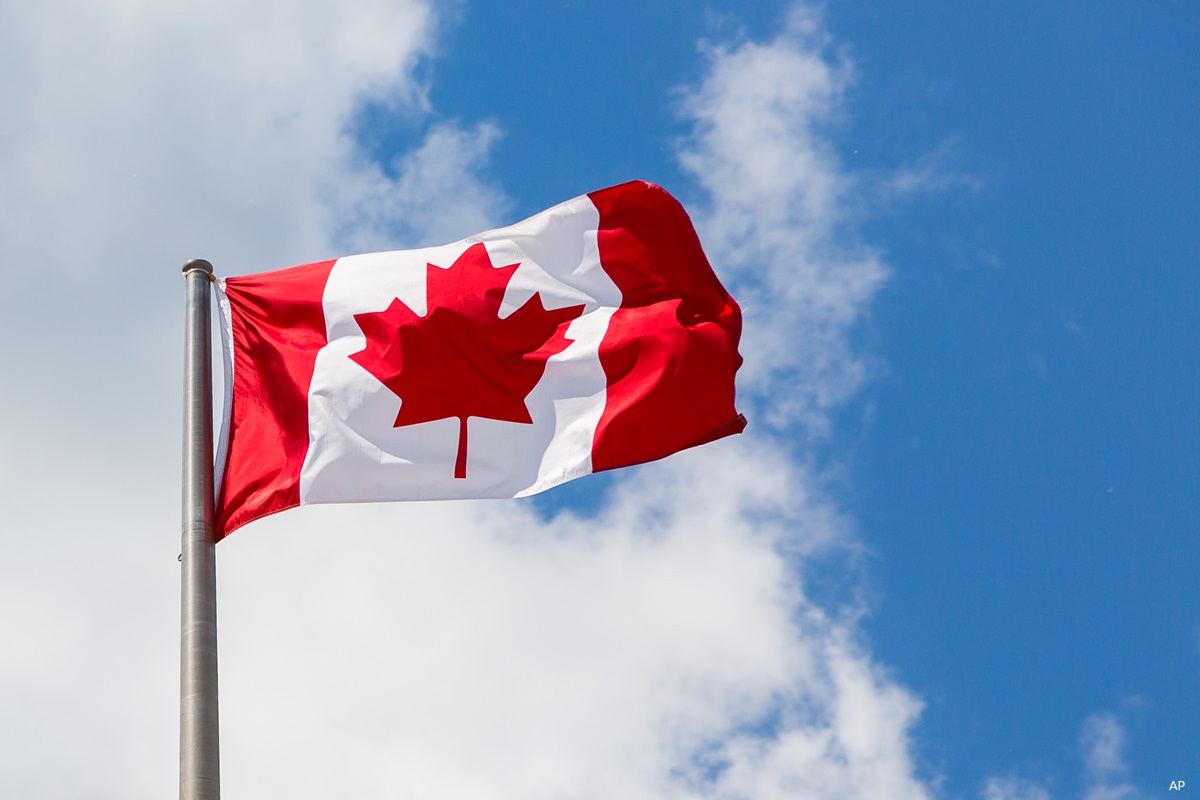
Emerging and frontier markets are often spoken of in the same breath to denote "exciting and potentially risky markets" where investors crash and burn one year and make spectacular returns the next.
The current outlook for emerging markets (EM) is dealt with in a separate article, but here we’re trying to pin down an investing universe world that spans Brazil and Vietnam.
Organisations like the World Bank, the International Monetary Fund (IMF) and the United Nations may have slightly different methodologies for explaining what stage a country is at in terms of its economic development.
But for investor purposes, MSCI’s definitions are where to start. In basic terms, countries are categorised as developed, emerging and frontier. Some countries like Argentina have standalone status too.
Countries move between these categories, and are upgraded and downgraded based on a number of factors (not just GDP). These change according to a set timetable.
As well as economic data, MSCI looks at the size and liquidity of the market. The assumption is that, like risk, liquidity is a spectrum that moves from developed markets to emerging markets then frontier markets. The more advanced the country is the more liquid a market, and vice versa: for example, millions of Apple shares trade daily, so you always be able to get an up-to-date price during trading hours.
Why does liquidity matter?
Fund managers need to be able to buy and sell shares and get fair prices for both transactions. If a company’s share doesn’t trade for days or has a wide spread between the buy and sell price, this makes it harder to exit/enter a position.
In the kind of crises that EM is famous for, such as in Turkey, Sri Lanka and Russia, markets can often "seize up" and it’s difficult to get any selling price. For every investor selling up, there needs to be someone willing to buy what you own – in the rush for the exits there can be few buyers. Markets can be suspended too, as the Moscow Stock Exchange was earlier this year amid the initial volatility caused by war in Ukraine.
Promotions and Demotions
As in football leagues, promotion is not a one-off occurrence: countries can drop back into frontier status from that of emerging market.
In 2021, Pakistan became a frontier market again, for example. In the semi-annual index review, MSCI said: "although the Pakistani equity market meets the requirements for market accessibility under the classification framework for emerging markets, it no longer meets the standards for size and liquidity."
Saudi Arabia is an example of a promoted country, but one that used to be a standalone market - and one that has inly fairly recently opened up to foreign capital. Market "accessibility" is also a factor in index construction.
EM countries can also become developed markets: Israel was the last to make the big league, in May 2010, and before that, Greece in 2001 (long before the eurozone debt crisis) and Portugal in 1997.
Why Does The Classification Matter?
In basic terms, investors would be taking a greater risk investing in frontier markets than emerging. Standalone markets present single country risk, especially if investors are using the index as a benchmark for a country exchange traded fund (ETF). Emerging or frontier market funds, meanwhile, would in theory be more diversified: a crisis in one country could be offset by an amazing performance for another.
Whether investors are being rewarded for taking on this additional risk is a different subject altogether - and one that I looked at in an analysis of how Russia has changed risk.
Sticking with funds, emerging market fund or trust investors would be wise to look at how closely their products track the relevant index.
China is now such a dominant part of the EM index, with a near 36% weighting. That may duplicate existing holdings if you already own a China fund. Or you may prefer a bigger weighting to India or Latin America, for example.
A similar issue is seen with the frontier market index, where Vietnam makes up nearly 32% of the index. You may be bullish on Vietnam, in which case a passive approach may be more suitable – or you may prefer to take an active approach, where the weightings are different.
Some frontier funds have a much higher weighting to Saudi Arabia, for example, which is a strong play on the oil price and Saudi Aramco, which floated in 2019. It’s recently overtaken Apple as the biggest company in the world. Again, you may have ethical reservations about investing in the country given its human rights record. For more on that, read this.
A note on Russia: Morningstar Russia index is down nearly 50% this year but the last data point is March 31. MSCI has removed Russia from its EM index following the invasion of Ukraine, which triggered sanctions and share suspensions. It’s now a standalone market but one where it's hard/impossible for foreign investors to sell stocks. Prior to that military action, the country had a weighting just above 3% in the EM index. Brazil, currently the fifth largest weighting in the index, gained some “market share” this share after Russia’s exclusion








.jpg)











